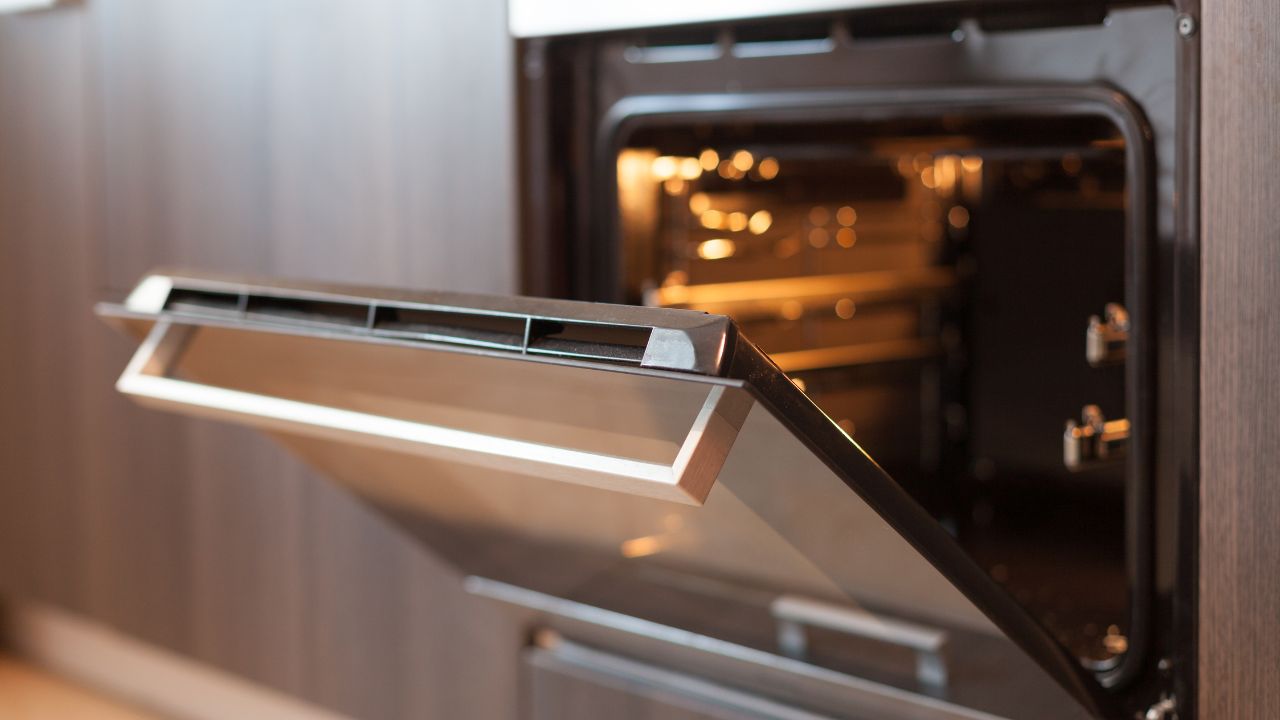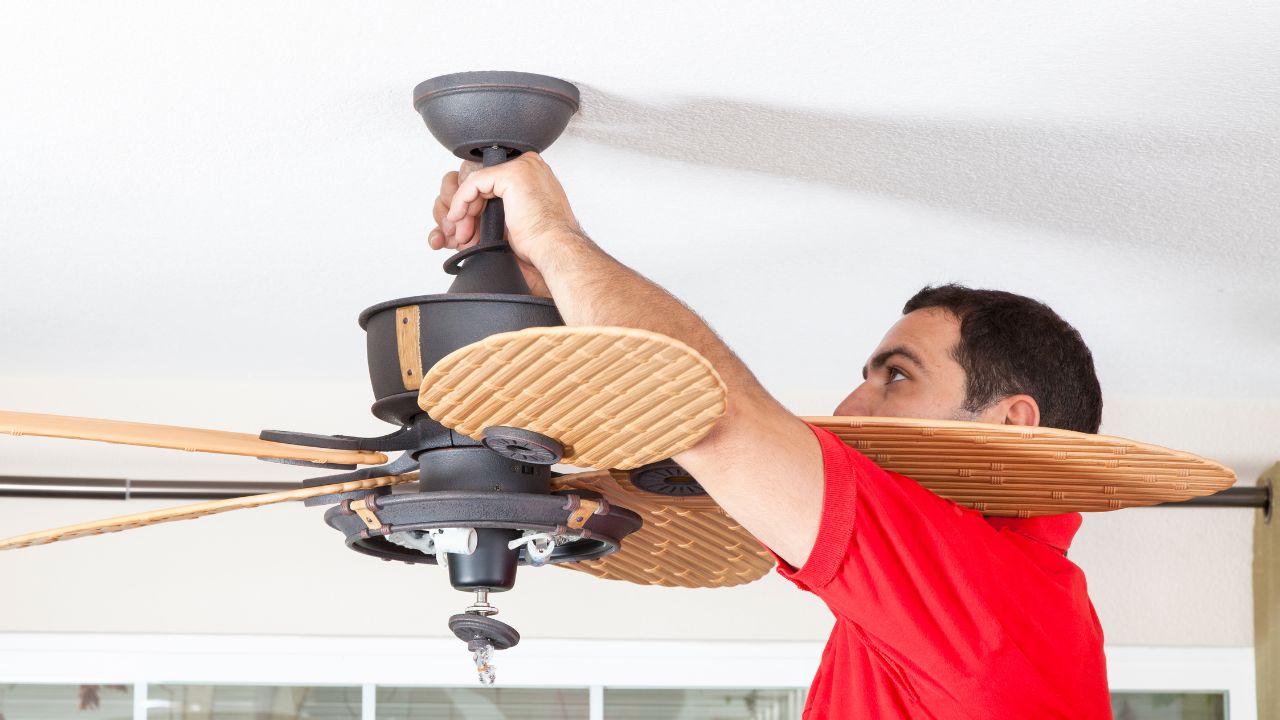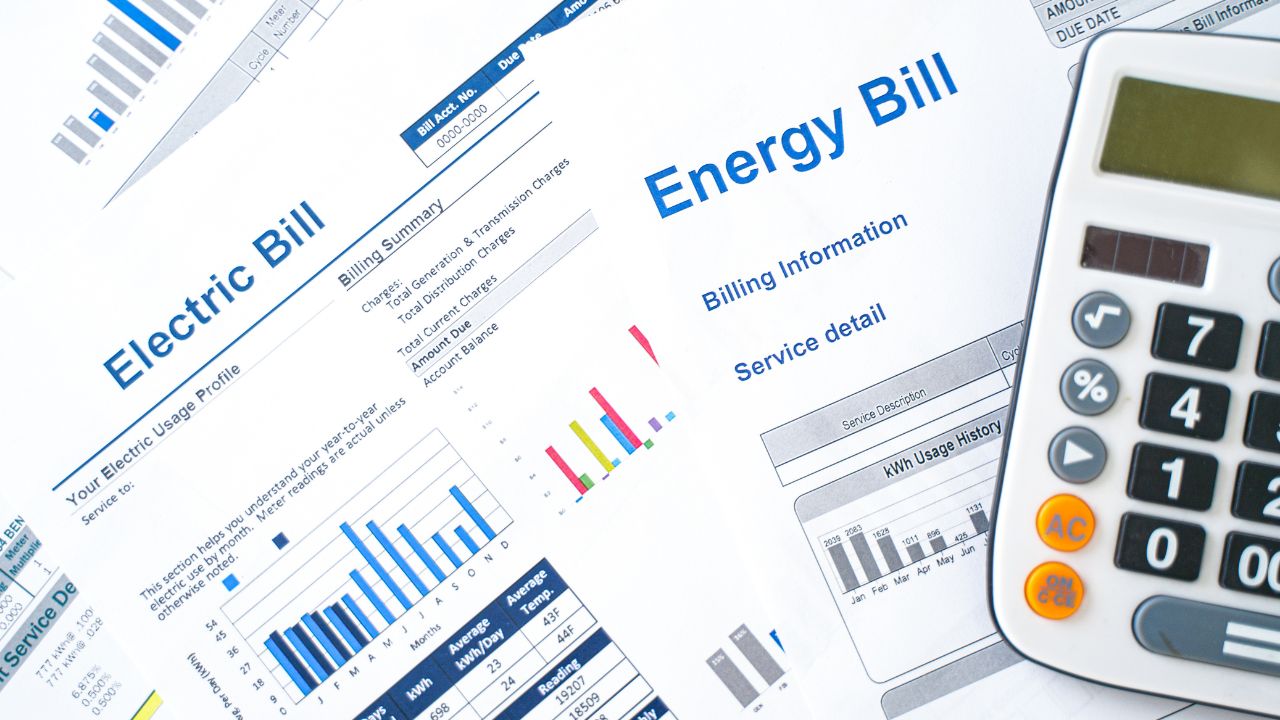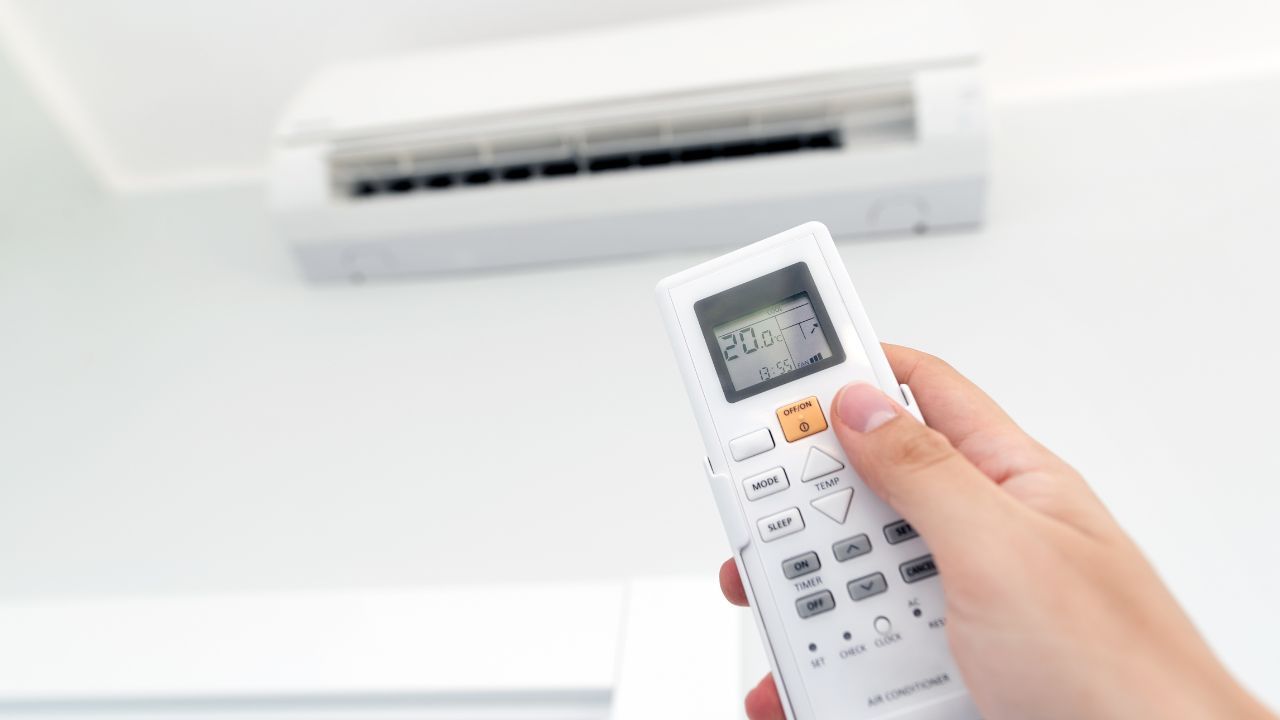Last Updated on August 29, 2023 by Pro Handyman Australia – Editorial Team
The Necessity of Air Conditioning in Extreme Heat
While summer’s warmth is often welcome, the oppressive heat that sometimes accompanies it can make air conditioning seem like less of a luxury and more of a necessity. Yet, the increased electricity bills that come with constant air conditioner use can also be a source of discomfort. The good news is that with some savvy tactics, you can remain cool both physically and financially.
Embrace Alternative Cooling Techniques
Before you reach for the thermostat, consider more budget-friendly options for cooling down. From strategically placed fans to DIY solutions like ice-cold water bottles, there are many creative ways to make your environment more comfortable. These alternatives not only provide temporary relief from the heat but can also effectively supplement your air conditioner, reducing the overall time it needs to be on.
Understand Your Thermostat’s Sensitivities
While modern central air units are fairly sophisticated, they are not equipped to discern the source of heat in a room. Positioning heat-generating items like lamps, televisions, or other electronics near the thermostat can mislead the system into believing the room is hotter than it actually is. This could lead to unnecessary cooling and, in turn, higher energy costs. To optimize efficiency, make sure to place these items away from your air conditioning unit and thermostat.
Shield Your Outdoor AC Unit from Direct Sunlight
An outdoor air conditioning unit exposed to direct sunlight is likely to be less efficient than one located in a shaded area. Consider installing an awning or other forms of cover to protect the unit from overheating. These preventive measures can improve air conditioning performance and contribute to energy savings.
Maintain a Clean Air Filter for Optimal Performance
A clogged or grimy air filter can force your air conditioning system to work harder, which translates to higher electricity bills. Regularly cleaning or replacing the air filter can go a long way in ensuring a well-maintained and cost-efficient system.
Limit Heat-Producing Activities During Peak Hours

Household activities like cooking, baking, ironing, and running the dishwasher generate additional heat and can make your air conditioner work harder. To avoid this, consider rescheduling these tasks to cooler parts of the day, like the evening. In the meantime, you can opt for no-cook meals to keep your home’s temperature stable without putting extra pressure on your cooling system.
Consistency is Key: Set and Forget Your Thermostat
Constantly adjusting your thermostat can be counterproductive when it comes to cooling your room efficiently. Choose a comfortable temperature setting and let your air conditioner do its job. Although it’ll take some time before the room reaches a desired temperature, the wait is worth it. To speed up the process, consider using a fan to aid in circulating the cool air produced by your air conditioner.
Monitor Indoor Humidity Levels for Maximum Comfort
While most people solely rely on their HVAC units for temperature control, humidity levels within the living space also play a critical role in comfort. You might also want to invest in a dehumidifier to maximize your cooling strategy. It removes excess moisture from the air, making your living space feel cooler and more comfortable while also allowing your air conditioner to operate more efficiently.
Be Mindful When Closing Off Vents
While it’s tempting to shut off vents in unused rooms to focus on cooling the spaces you occupy, this approach can actually reduce the overall efficiency of your air conditioning system. Your AC is designed to cater to the needs of your entire home, and closing too many vents can disrupt that balance. A better alternative would be to draw the blinds in unused rooms, remove any furniture obstructing the vents, and keep the door closed.
Ensure Proper Installation and Regular Maintenance
The state of your AC unit can have a significant impact on your electricity bills. An efficient operating system is generally the result of regular maintenance, including checks for any leaks in insulation. Even a minor leak can lead to increased electricity costs. Therefore, scheduling annual inspections can save your AC system from excessive wear and tear and help you save money in the long run.
Invest in a Programmable Thermostat
A programmable thermostat can be a smart investment, especially if you’re away from home for extended periods. For example, maintaining an 80-degree temperature in your home on a 90-degree day requires significantly less energy than keeping it at 72 degrees. For optimal energy efficiency, it’s recommended to let your AC system “rest” when you’re going to be away for more than five hours.
Harness the Power of Controlled Ventilation
For those seeking to optimize their home’s energy efficiency, it’s often recommended to keep the house tightly sealed. However, controlled ventilation is crucial for maintaining a comfortable living environment while still running your air conditioner economically. A well-designed ventilation system not only invites fresh air into your home but also effectively expels excess moisture and heat. This balancing act between sealing and ventilating your home can make a considerable difference in both your comfort and your energy bills.
Examine the Condition of Your Ducts
If your ducts are dusty, clogged, or improperly insulated, they could be compromising the efficiency of your cooling system. This will not only make your living space less comfortable but also elevate your electricity bills. For the best results, consult with a professional HVAC company to inspect and clean your ducts.
Assess Furniture Placement for Optimal Airflow
Believe it or not, the arrangement of your furniture can affect the cooling efficacy of your AC system. Ensure that none of your furniture obstructs air vents or interferes with the airflow in your rooms. Making these simple adjustments can improve the efficiency of your cooling system almost instantaneously.
Keep the AC Off When You’re Outside
Running the AC when you’re not at home can be quite costly. To keep your home from turning into a furnace in your absence, it’s advisable to close all windows and draw down shades to block out heat. This helps maintain a relatively comfortable temperature for when you return.
Supplement with Fans for Better Air Circulation

Fans can be a low-cost yet effective way to extend the reach of your AC system. Placing fans strategically around your home can help circulate cool air more efficiently, reducing the need to keep the AC running for 24 hours a day.
Opt for an Energy-Efficient Air Conditioner with a High Star Rating
When it comes to the efficient cooling of your home, not all air conditioners are created equal. The star rating system, which is a measure of energy efficiency, can be an invaluable guide. Higher star ratings signify more energy-efficient performance; a 5-star air conditioner is the gold standard in this respect. Such units cool your living space rapidly while consuming far less electricity than air conditioners with lower star ratings. Investing in a high-star-rated air conditioner can provide both immediate comfort and long-term savings on your electricity bills.
Optimize Your Living Space: The Basement Advantage
It’s a well-known fact that heat rises, making lower levels like basements considerably cooler.You might want to spend more time in the basement if your home has one to reduce the need for constant air conditioning. However, resist the urge to open the windows when humidity levels are high. Doing so can lead to condensation forming on cooler surfaces like basement walls, which, in turn, raises the humidity level inside your home. For optimal comfort, you may want to install a dehumidifier in the basement to regulate moisture levels.
Harness the Power of Solar Screens to Mitigate Heat Transfer
While traditional mesh screens are useful for keeping insects at bay, they also offer an added benefit of providing some shade. A more effective alternative, however, is a solar screen. Composed of a polyester weave mesh, solar screens have the capacity to block up to 70% of heat, thereby reducing heat transfer significantly. These screens are readily available at home improvement stores. Choose one that allows an optimal amount of sunlight through; an overly dense screen can result in higher electricity usage, particularly during the winter months when natural light is at a premium.
Make the Switch: Choose Energy-Efficient Lighting
Your choice of lighting has a significant effect on your home’s temperature and, by extension, your cooling costs. Traditional incandescent and halogen bulbs are heat emitters; in fact, incandescent bulbs release 90% of their energy as heat. These not only contribute to a warmer home but are also less energy-efficient compared to LED bulbs. Transition to LED lighting this summer to reap the benefits of reduced electricity bills and a cooler home.
The Color Palette: Lighten Up Your Home’s Exterior
The color of your home’s exterior can substantially influence the indoor temperature. Dark and dull colors can absorb between 70 to 90% of sunlight, which directly impacts your home’s internal temperature. Meanwhile, lighter shades are designed to reflect heat better and potentially help keep your home naturally cooler. Opting for cool or pastel exterior paints can be an effective, yet frequently overlooked, strategy for reducing air conditioning costs.
Go Green: Plant Trees for a Cooler Home and Lower Bills
The age-old advice of planting trees comes with good reason. Trees can block sunlight, naturally cooling your home and reducing the need for air conditioning. For added benefit, consider planting a leafy tree to shade your air conditioning unit; this can enhance the unit’s efficiency. While doing so, ensure that the leaves do not obstruct airflow to your outdoor unit. Not only does this eco-friendly measure save you money, but the environment will also benefit from this initiative.
Financial Assistance and Billing Options: Consult Your Utility Provider
You might be surprised to learn that many utility companies offer bill payment assistance, particularly for individuals enrolled in Social Security or other government assistance programs. These programs can result in monthly discounts that make managing your bills easier. Furthermore, some companies offer balanced billing plans that allow you to pay a consistent amount each month, eliminating the shock of higher bills during peak cooling or heating seasons. It’s a good idea to ask your local utility for any concerns or assistance programs or flexible billing options that may be available to you.
Understanding the Financial and Environmental Impact of Air Conditioning

Air conditioning is a staple in American households, with nearly 90% having at least one unit. These systems are not just ubiquitous; they are energy-hungry too. According to the U.S. Department of Energy, air conditioners consume approximately 6% of all electricity produced nationwide, costing homeowners an astounding $29 billion each year.
Rising Summer Electricity Bills: A Closer Look
The financial strain is particularly acute during the peak summer months of June, July, and August. Data from the U.S. Energy Information Administration suggests that American households could see their electricity bills rise to an average of about $176 per month during this period. Air conditioning alone can take up 12% of the total monthly electricity bill, a figure that can surge to as much as 27% in hot, humid states such as Florida and Louisiana.
The Climate Factor: A Looming Challenge
Regrettably, the situation is poised to worsen. Climate change is already stretching the limits of our electrical grids, a trend that is likely to continue, says the Environmental Protection Agency. According to projections by the American Geophysical Union, we could see an 8% to 13% increase in electricity demand solely for air conditioning within the next decade. Given these factors, it becomes even more crucial to utilize air conditioning responsibly and efficiently.
Evaluating the Cost-Efficiency of Continuous Air Conditioning
A common question many homeowners ask is whether it’s more cost-effective to leave the air conditioner running all day or to turn it on and off based on occupancy. The answer leans towards the latter. Air conditioners, when operating continuously, consume more energy, thereby driving up utility bills.
The Financial Implications of Constant Operation
Allowing your air conditioning system to operate at a lower capacity throughout the entire day can prove to be an expensive venture. You may find that the operational cost per hour could surpass $2 if the system is left running continuously.
Long-Term Durability Concerns
Beyond the immediate financial implications, the continuous operation of an air conditioner takes a toll on its internal components, shortening the unit’s lifespan. A system that is constantly running will experience faster wear and tear, necessitating more frequent maintenance and eventual replacement.
Proactive Measures for Cost and Longevity
To enhance both the financial and operational efficiency of your air conditioning system, it’s advisable to turn off the unit when you’re not at home. This practice not only reduces your monthly utility bills but also extends the lifespan of your air conditioning system because the components can enjoy a long service life.
Final Thoughts: Achieving Economical Cooling is Within Reach
Reducing your air conditioning costs during the sweltering summer months might seem like an insurmountable challenge, but with the practical tips we’ve outlined, you can make meaningful strides towards keeping your bills in check. Not only do these strategies help cut costs, but they also encourage a sustainable lifestyle. You can now approach the summer season with a renewed sense of financial and environmental responsibility.
